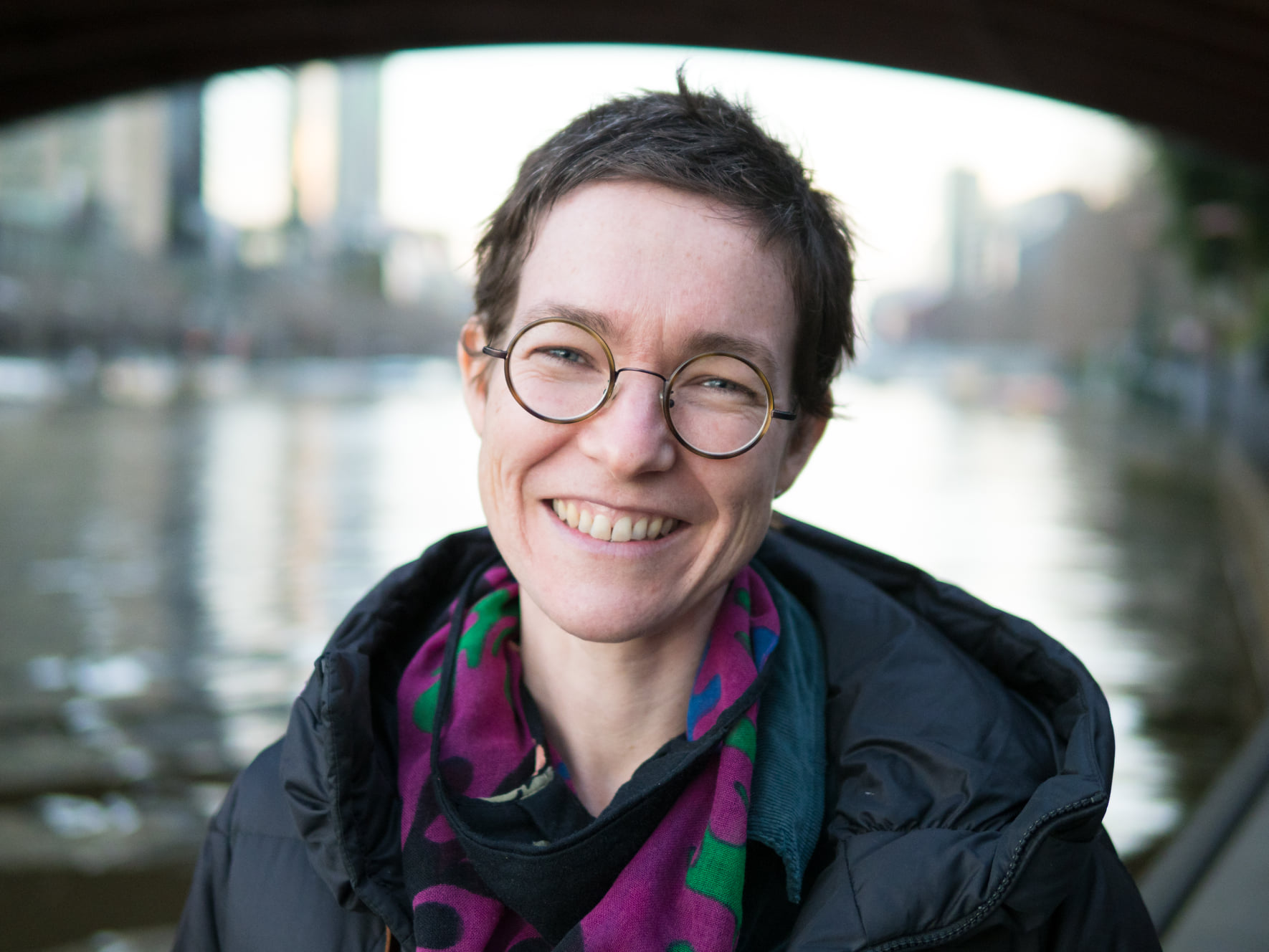Dr Alda Balthrop-Lewis to Deliver LSRI Public Lecture in Honour of Denis Edwards
Key Details
The Laudato Si’ Research Institute is delighted to welcome Dr Alda Balthrop-Lewis, who joins the Institute between April – June 2023 as the new Denis Edwards Visiting Fellow.
 This Fellowship was established by the LSRI in memory of the late Monsignor Denis Edwards, who was a pioneer in the interdisciplinary engagement of theology, science, and ecology, and an important contributor to movements within the Catholic Church for ecological conversion in the late 20th and early 21st centuries.
This Fellowship was established by the LSRI in memory of the late Monsignor Denis Edwards, who was a pioneer in the interdisciplinary engagement of theology, science, and ecology, and an important contributor to movements within the Catholic Church for ecological conversion in the late 20th and early 21st centuries.
As Senior Research Fellow in the Institute for Religion and Critical Inquiry at the Australian Catholic University (ACU), Alda’s work and research interests greatly resonate with the spirit of the Fellowship, as well as the LSRI’s research mission in the University of Oxford and beyond.
Alda says:
“Though I am not a Catholic theologian, I have tried to follow Edwards’ intuition in my research. I am a scholar of religious environmental ethics, especially in the study of literature. My first book, Thoreau’s Religion (2021), argued that where many interpreters have read Henry David Thoreau as rejecting Christianity, a close reading of Walden can see it as motivated by theological controversy over what the gospel requires of Christians. In this, my book traces Walden’s relation to longer histories of Christian asceticism. It also suggests that with those histories in mind, we can see how Thoreau’s piety toward nature and his commitment to just labour (including the end of slavery) were part of one religious life. In this, he described a form of political asceticism for ecological justice.
My current project, which I am working on while here in the LSRI, brings this work on political asceticism forward into the twentieth century, focusing on the ecological and political thought of the Trappist monk Thomas Merton, who Henry Miller once wrote was “like the Transcendentalists.” Merton’s devotion to natural landscapes, his monastic life, his insistence on the centrality of contemplation to human flourishing, and his commitment to justice within the national and international community make him one of Thoreau’s many heirs. My work traces Merton's reading during the last decade of his life of other 1960s political thinkers, including Hannah Arendt, James Baldwin, William Melvin Kelley, and Rachel Carson. Through these conversations, conducted mostly in Merton’s journals, notes, and correspondence, I am asking why and how Merton came to understand politics as essential to contemplation, and what lessons we might find in his life and thought for contemporary ecological justice.”
On 11 May, Alda will be exploring this concept further in a public lecture hosted by the LSRI in Denis Edwards’s honour. The talk, “What to Give Up for the Climate: Asceticism and Ecological Justice,” is currently open for registration and will be held at Campion Hall as well as streamed online.

